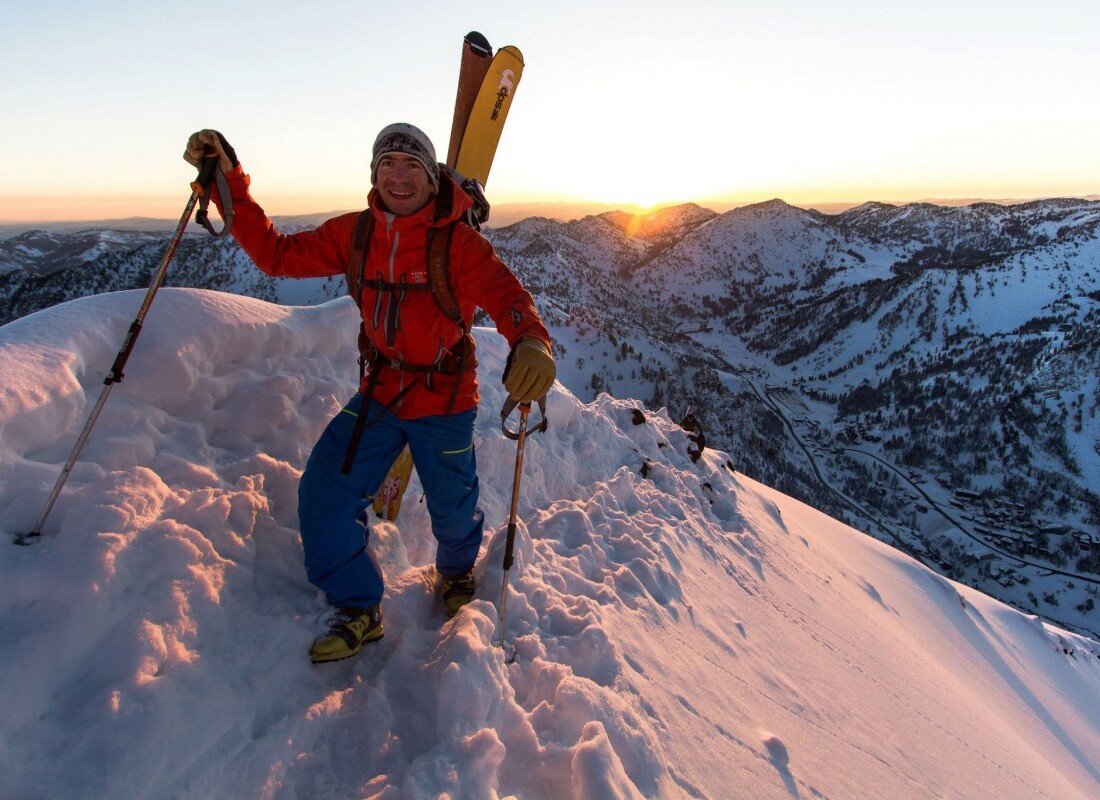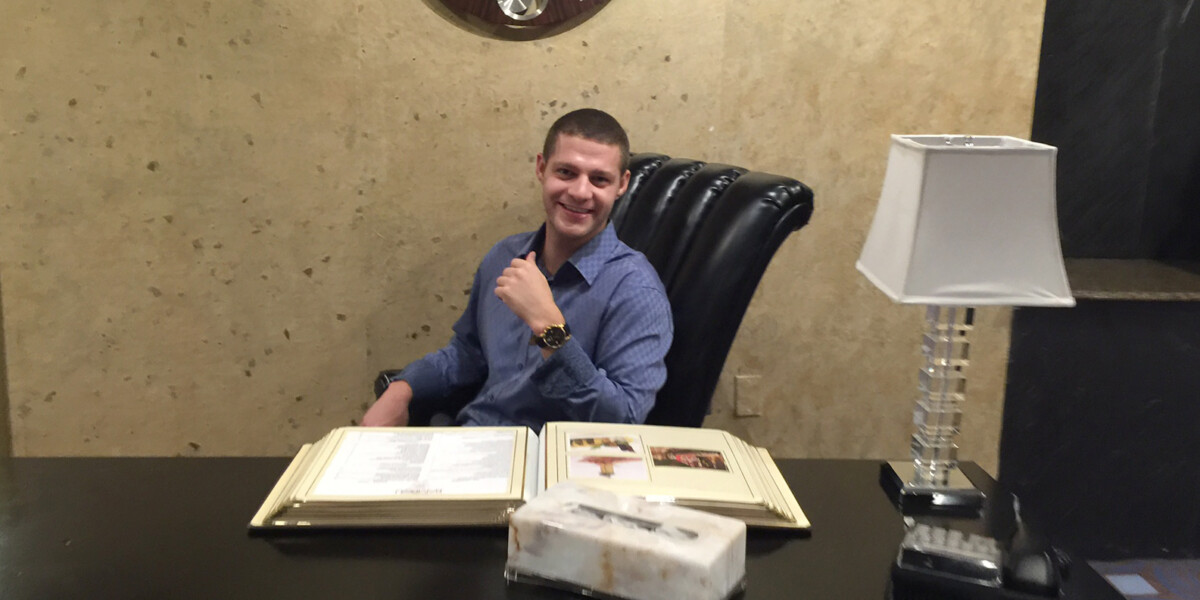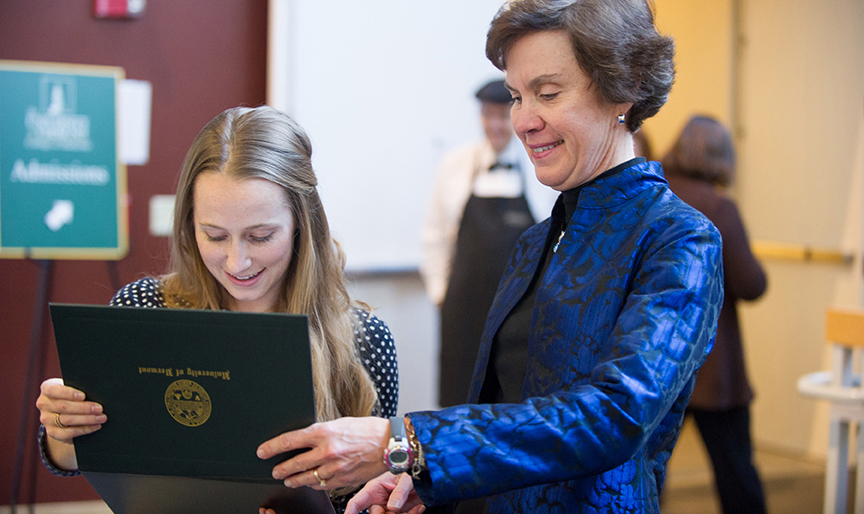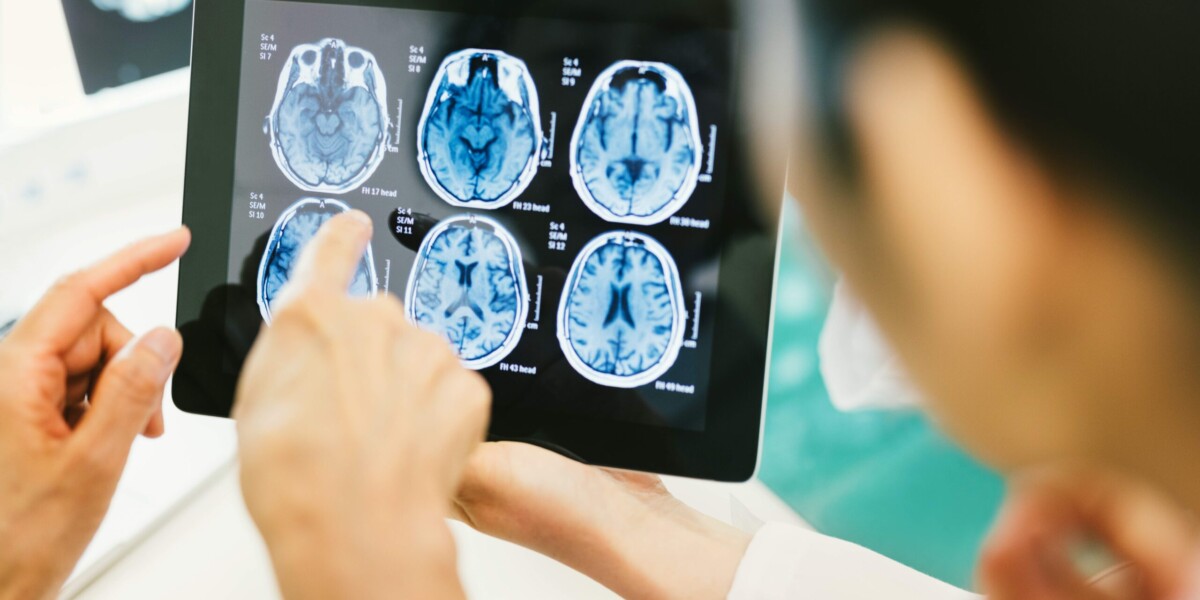Robin Abeles grew up in Santa Fe and studied music before enrolling in the UVM Post-Baccalaureate Premedical Program. He completed the Physician Assistant Track at UVM in September and will study at Duke University this fall. We talked to Abeles about trauma, empathy, and the striking similarities between playing music and practicing medicine.
You graduated with a Bachelor of Fine Arts from the University of New Mexico and received a master’s degree in music from the University of Utah before coming to UVM. Was working in medicine part of your career plans at all in college or grad school?
No, my undergrad was focused on music and Spanish. Grad school was a difficult time, and I felt somewhat lost. It took some time and effort to commit to medicine; it was like turning a giant ship. I spent most of my time skiing—what we call “soul skiing”—and trying to figure out my next step. Skiing is my access to happiness, and I’m very fortunate to have it. So when I “soul ski,” I’m accessing my spirituality. It’s what I do when I need answers or direction.
What changed that you decided to switch gears and focus on medicine?
I never limited myself to just being a bass player but rather used it as a foundation to grow. Medicine is also a good match for me because patients need practitioners who bring more than medical school into the exam room. They need practitioners who have an element of street cred, someone who’s been through some trauma and has come out the other side. So, in the big picture I’m not just focusing on medicine, I’m focusing on living.
Do you think your experiences have helped you create a greater level of empathy for patients?
I’ve seen friends stabbed and shot, been surrounded by gangs, and most females I know have been sexually assaulted. Yet we all seem to find it in our hearts to carry on and love where we were raised. When a patient is scared and traumatized or comes from a harder background, I can relate and hopefully help him or her find the way out.
Can you talk more about relating to patients who have been traumatized?
I think one of the reasons that post-bacs make better practitioners is that we have more life experience outside of the exam room. Trauma from a clinical side is very cut and dry. But from the patient’s side, it’s very muddy. When we diagnose cancer or do CPR or discuss depression medication, we are approaching the trauma from a cellular level. However, those cells are connected to the patients, their emotions, friends, families, and communities. Unless we’ve been a part of the human side of trauma, we have no idea how it really affects the patient’s entire world. Trauma is a universal experience.
What drew you to the UVM Post-Bac Premed Program?
My intuition. Vermont culture resonates with me. It reminds me of home—farmers, skiers, and hunters living with the land. It was the only post-bac program I applied to.
Why would you recommend UVM to other students thinking about a post-bac premed program?
Vermont is a unique and supportive environment for young healthcare professionals. There are so many opportunities to work in medicine here and expand your knowledge outside of the classroom. You’re going to work harder than anyone else, but a lot of successful people have done this program. I’ve learned that it’s not about being perfect or getting a 4.0, it’s about finding your own path to medicine. I was able to do that here.
Do you still play music?
Yes, absolutely. I breathe music. I just started recording with Brandon Ayer, an ER doc in Rutland who spent a lot of time with Leonard Cohen. I also teach music every week at the Mount Mansfield Winter Academy.
Do you find any similarities between music and medicine?
Both are thankless and demand your complete attention. In music, each instrument creates harmony. In medicine, each member creates health. Both are heroic. Both are humbling. Both are responsible for guiding someone through an experience, and sometimes that experience can be intense and scary or beautiful and inspiring. Both have to present complex material in a way that either fans or patients can understand, and relate to it and then make it their own. Both are a universal language, something all humanity has in common. At their best, music and medicine are both truly altruistic.





